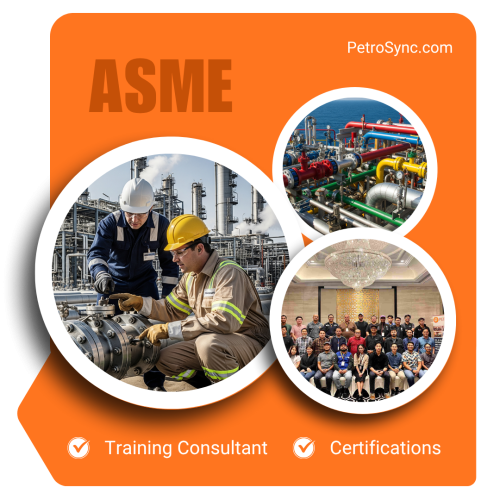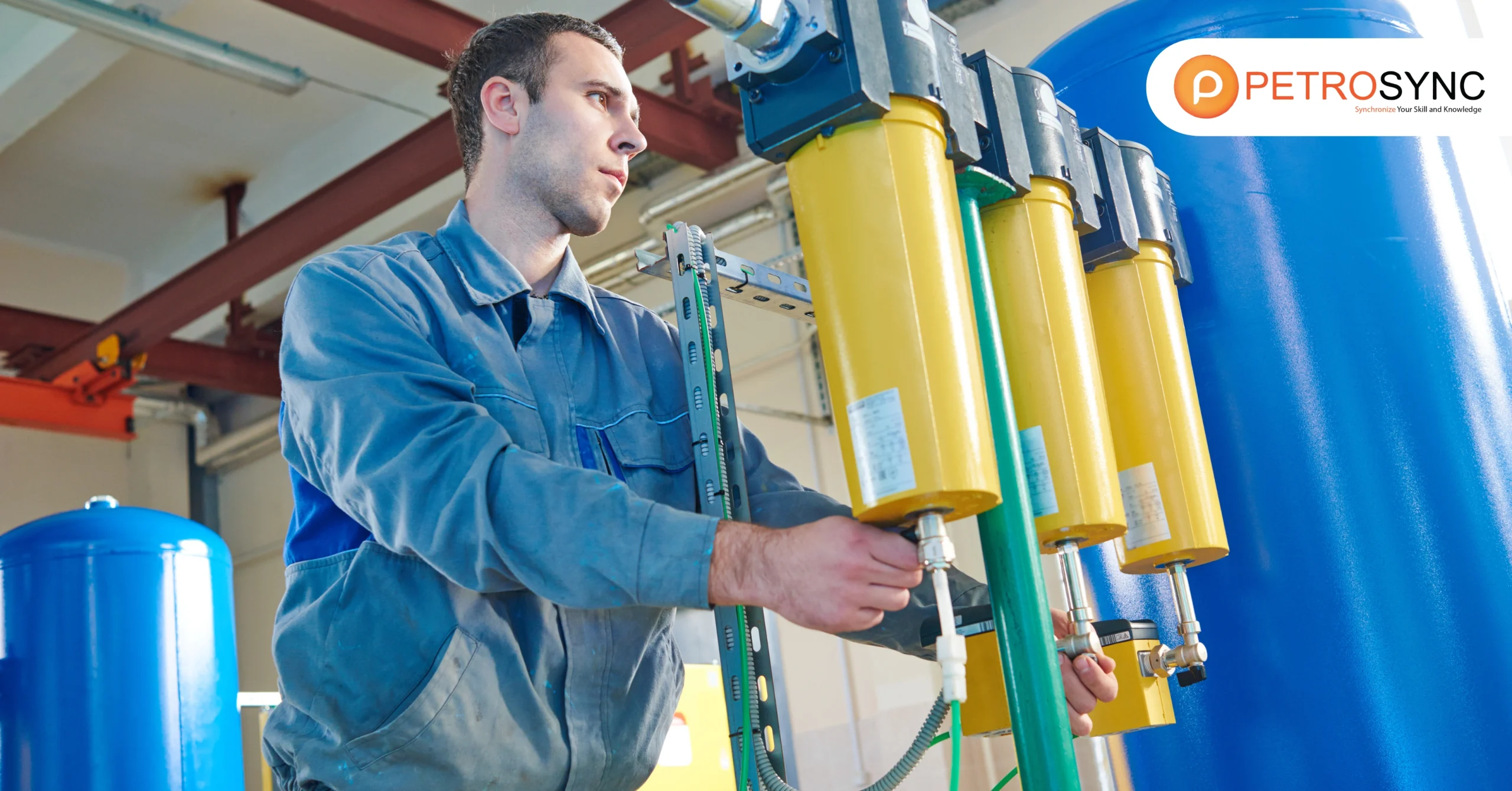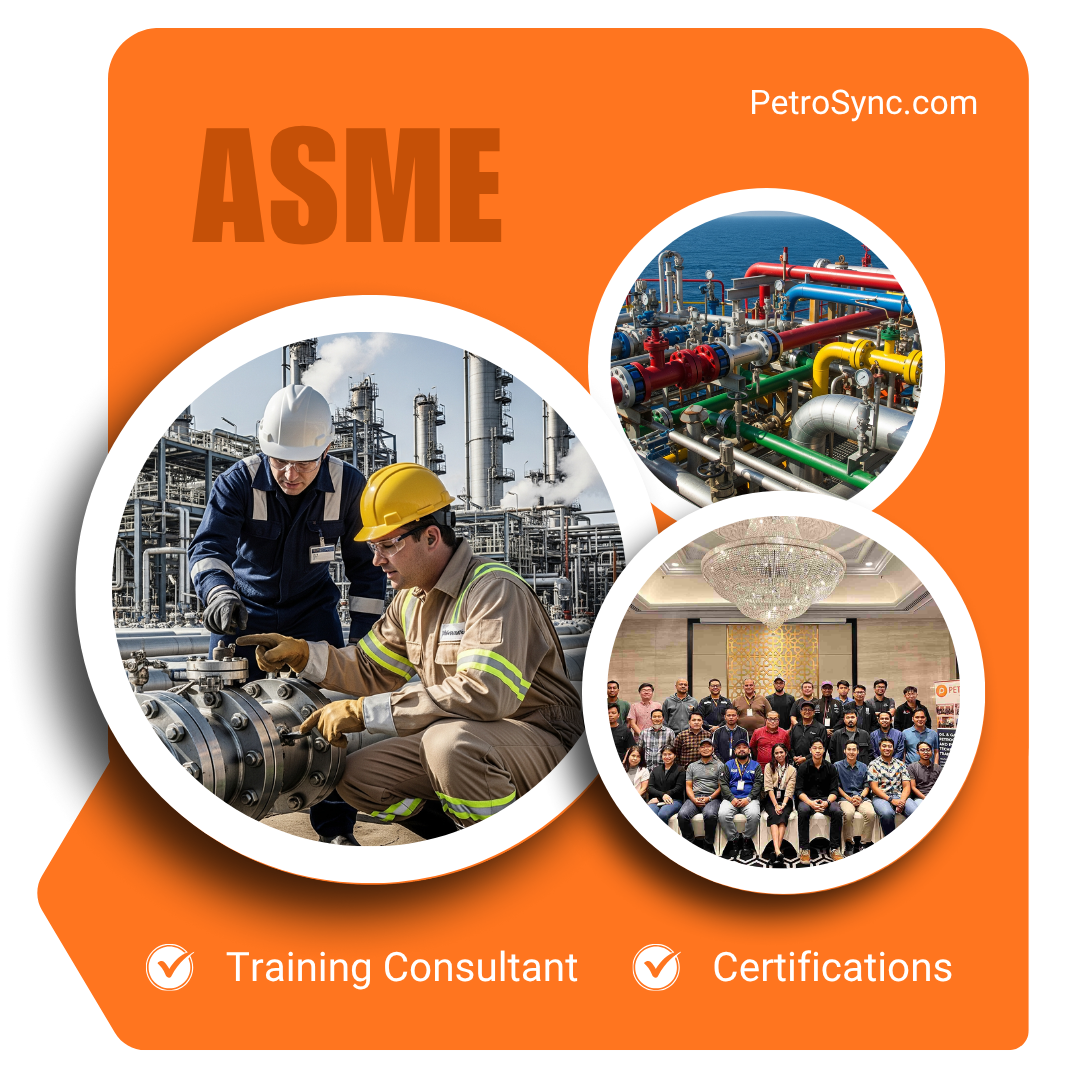As industrial sectors grow and evolve, it becomes increasingly important to ensure efficient energy consumption while upholding high safety standards. Boilers are key components in many activities, providing steam and thermal energy to power plant, oil refineries, and chemical industries alike. But no matter how sophisticated the technology.
A boiler cannot operate optimally without a skilled professional at the helm: the Boiler Operation Engineer. This profession may not be as popular as petroleum or electrical engineering, but its role is highly crucial. Amid increasing demands for efficiency, workplace safety, and environmental compliance.
Boiler operation engineers act as the bridge between technical systems and on-site operations. So, who exactly works as a boiler operation engineer? What exactly are their responsibilities and scope of work? And how can one make a career in this field? Let us break it down together.
Table of Contents
ToggleWhat is a Boiler Operation Engineer?

A Boiler Operation Engineer is often known as a BOE, is a professional with hands-on expertise in managing and maintaining boiler systems within industrial settings. One of their main duties is to make sure the system operates smoothly and safely, delivering the heat or steam required to keep various industrial processes running effectively.
A Boiler Operation Engineer frequently manages other systems that support the boiler’s operation, such as fuel delivery, water supply, and automated control mechanisms that function in tandem with the primary unit. Given the high pressure and temperature involved in boiler operations, a BOE must have a strong understanding of thermodynamics, fluid mechanics, and instrumentation.
What is the Role of a Boiler Operation Engineer?
A boiler operation engineer wears a variety of hats, including technical, management, and safety-related. Here are some of their major responsibilities:
1. Operational Oversight:
Ensure that the boiler unit runs according to set parameters without any significant deviations that could compromise safety or efficiency.
2. Maintenance and Inspection:
Conduct regular checks, preventive maintenance, and repairs on boiler components such as drums, tubes, burners, and controllers to prevent critical failures.
3. Safety Procedures:
Follow strict safety protocols and ensure all field operators understand the Standard Operating Procedures (SOPs) for boiler operation.
4. Energy Efficiency:
Identify opportunities to improve energy efficiency, including fuel usage, heat management, and emission control.
5. Regulatory Compliance:
Monitor operations to ensure compliance with government regulations on workplace safety and environmental protection.
A research published in the International Journal of Engineering Research & Technology (IJERT) found that a BOE can help enhance boiler thermal efficiency by up to 15% through process optimization and frequent expert maintenance.
How to Become an Operation Engineer?
Being a boiler operation engineer takes more than simply a technical education. Specialist training and certification are also essential. Here is a general pathway:
1. Technical Education:
Graduates in mechanical engineering, energy engineering, or electrical engineering typically have a strong foundation for this career path.
2. Field Experience:
Many companies require 2–3 years of hands-on experience working with boiler systems before applying for official certification.
3. Boiler Engineer Certification:
In many countries, including Indonesia, BOEs must hold a government-issued license or certification from an accredited technical body such as the Ministry of Manpower.
4. Specialized Training:
Intensive training in operations, troubleshooting, and safety regulations is highly recommended to enhance competence and career prospects.
5. Continuous Learning:
As boiler technology evolves, attending workshops, seminars, and upskilling programs is essential to remain competitive.
What is the Scope of a Boiler Engineer?
The scope of a boiler engineer’s work is wide and often interdisciplinary. It includes, but is not limited to:
- New Boiler Design and Installation: Involvement in the design phase and selection of boiler types suitable for industrial needs (e.g., fire tube, water tube, CFB).
- Energy and Efficiency Audits: Conducting audits to identify energy-saving opportunities and reduce carbon emissions.
- Risk Management: Assessing system failure risks and preparing mitigation strategies, including system redesigns or component replacements.
- SOP Development and Training: Drafting technical SOP documents and training field technicians and operators.
- Automation System Integration: Supporting SCADA and DCS integration to enhance real-time boiler monitoring and control.
According to Markets and Markets, global demand for boiler engineers continues to grow, with a projected CAGR of 5.7% through 2027, driven by increasing energy needs and infrastructure development in industrial and petrochemical sectors.
What Type of Engineer Works on Boilers?
Several types of engineers work with boiler systems, including:
- Mechanical Engineers: Focus on boiler design, structure, and thermal flow.
- Instrumentation Engineers: Handle control systems and sensors in boiler operations.
- Electrical Engineers: Oversee power distribution and electrical control systems.
- Process Engineers: Ensure the integration of boiler systems with the core production processes.
- Maintenance Engineers: Responsible for the reliability and repair of boiler systems.
This interdisciplinary nature makes the field appealing. Professionals can branch into various technical roles – from design to advanced operational management.
Join PetroSync Training to Boost Your Career in Engineering
Embarking on a career as a boiler operation engineer can be challenging, but it is equally rewarding in terms of career growth and industry impact. That’s why enrolling in a trusted training program is a critical step forward. PetroSync is a strategic partner for engineering professionals looking to improve their abilities and obtain globally recognized certifications.
PetroSync offers extensive technical training to assist you navigate the complexities of industrial systems. PetroSync’s training programs are built for people across different stages of their careers. Some come to sharpen their technical edge, others to discover new approaches to familiar challenges. What they all find is a space to grow – through hands – on learning, real-world insights, and connections that last far beyond the classroom.

Results-oriented and thorough SEO specialist with extensive experience in conducting keyword research, developing and implementing digital website promotion strategies and plans, managing campaigns to develop company websites in the digital world, excellent knowledge of marketing techniques and principles, and attentive strong attention to detail.









